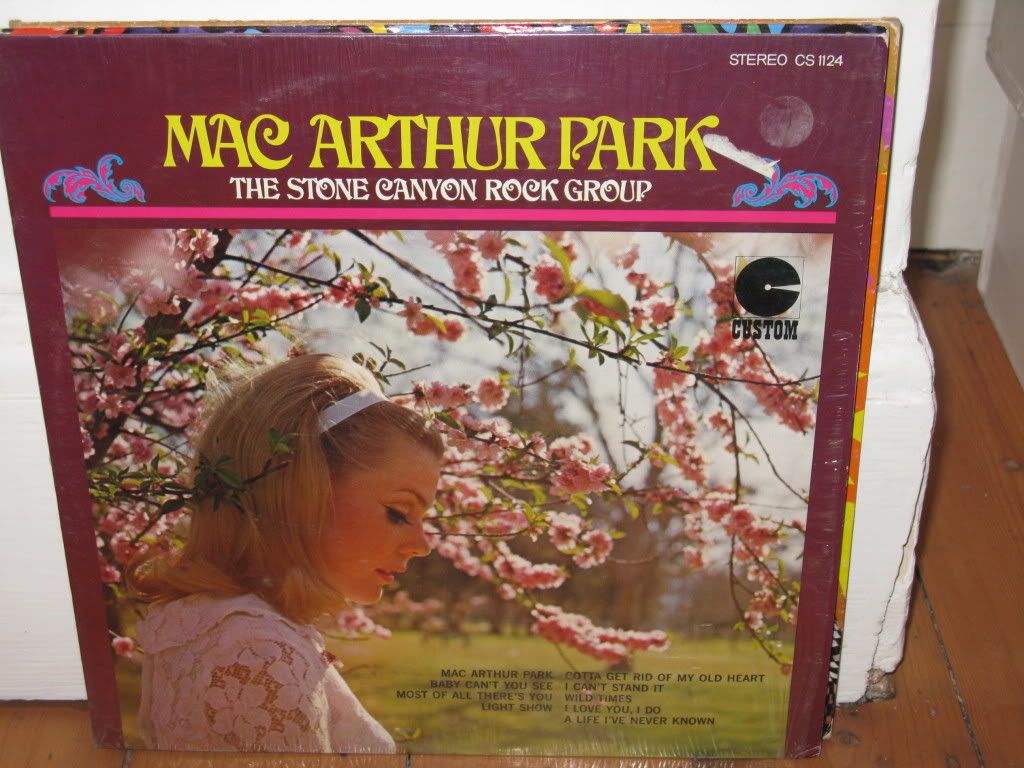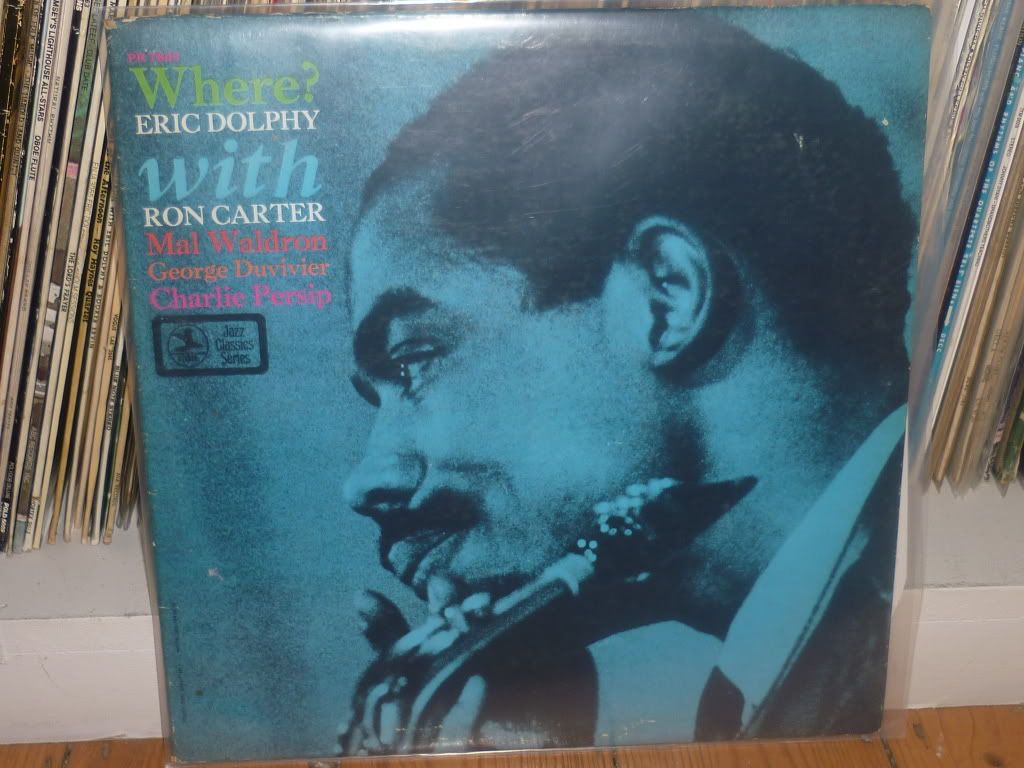With economic downturn, rising unemployment, riots in the streets and a royal wedding I feel we've gone back through some sort of space/time anomaly and ended up back in the eighties.
However, one thing that we don't seem to have now but we did have in the eighties was political pop music. Not just music that was about bringing down the system or about loving everyone but music that was avowedly political and made statements about issues larger than not getting laid.
I grew up on a steady diet of left-wing, anti-fascist, feminist and anti-racist music and music writing and I have to admit that my current political views are very much formed by those early exposures.
I was encouraged to read books because I heard them mentioned in song lyrics, encouraged to seek out works by artists because they were on record sleeves and listen to older music that was reference by reviewers.
No doubt there are kids today who are being influenced in just the same way, although I doubt they are listening to jingly jangly guitar rock.
Looking around now it seems that perhaps politics has become as important to kids now as it was to kids in the late eighties. Riots and looting recently and violent politically motives demonstrations earlier in the year seem to me to be signs that young people are thinking about their world and are not very happy about what they see.
Of course in 1987 when I Am A Wallet was released the charts were as untroubled by political songs as they are now. Once in a while someone like The Style Council, or Billy Bragg or the Redskins would sneak a song through the pap but it was a rarity.
If McCarthy are remembered at all its probably because their lead guitarist Tim Gane went on to form Stereolab.
His playing in this record is superb in a very Byrd's influenced way. It reminds me somewhat of Primal Scream's Sonic Flower Groove but better. I also hear moments that remind me of Johnny Marr, particularly on The Way of the World. Overall the sound owes a lot to early Orange Juice and Malcolm Eden's singing always makes me think of Paul Haig in Josef K.
After all these years I have to admit that musically, McCarthy are definitely very twee.
But it is the lyrics that prompted me to pull the record off of the shelves.
Complex and rarely rhyming, Malcolm Eden's strident left wing political views are manifest on I Am A Wallet. Cloaked in pretty guitar and propulsive drums, Eden sets about attacking the pillars of the day, MPs, Prince Charles, Fleet Street, religion, the response to AIDS and on almost every song capitalism. The horrors and inequalities of the capitalist system are laid bare for all the see. The system which enables some to get rich at the expense of others is reviled and attacked. In much the same way as George Grosz (whose Funeral Procession is on the front cover) Eden caricatures figures such as politicians, journalists and bankers, creating grotesque parodies in order to highlight their crimes.
Here are some tracks from the record. Listen to the lovely guitar work and pay attention to the lyrics. Sadly they are as relevant in 2011 as they were in 1987.
However, one thing that we don't seem to have now but we did have in the eighties was political pop music. Not just music that was about bringing down the system or about loving everyone but music that was avowedly political and made statements about issues larger than not getting laid.
I grew up on a steady diet of left-wing, anti-fascist, feminist and anti-racist music and music writing and I have to admit that my current political views are very much formed by those early exposures.
I was encouraged to read books because I heard them mentioned in song lyrics, encouraged to seek out works by artists because they were on record sleeves and listen to older music that was reference by reviewers.
No doubt there are kids today who are being influenced in just the same way, although I doubt they are listening to jingly jangly guitar rock.
Looking around now it seems that perhaps politics has become as important to kids now as it was to kids in the late eighties. Riots and looting recently and violent politically motives demonstrations earlier in the year seem to me to be signs that young people are thinking about their world and are not very happy about what they see.
Of course in 1987 when I Am A Wallet was released the charts were as untroubled by political songs as they are now. Once in a while someone like The Style Council, or Billy Bragg or the Redskins would sneak a song through the pap but it was a rarity.
If McCarthy are remembered at all its probably because their lead guitarist Tim Gane went on to form Stereolab.
His playing in this record is superb in a very Byrd's influenced way. It reminds me somewhat of Primal Scream's Sonic Flower Groove but better. I also hear moments that remind me of Johnny Marr, particularly on The Way of the World. Overall the sound owes a lot to early Orange Juice and Malcolm Eden's singing always makes me think of Paul Haig in Josef K.
After all these years I have to admit that musically, McCarthy are definitely very twee.
But it is the lyrics that prompted me to pull the record off of the shelves.
Complex and rarely rhyming, Malcolm Eden's strident left wing political views are manifest on I Am A Wallet. Cloaked in pretty guitar and propulsive drums, Eden sets about attacking the pillars of the day, MPs, Prince Charles, Fleet Street, religion, the response to AIDS and on almost every song capitalism. The horrors and inequalities of the capitalist system are laid bare for all the see. The system which enables some to get rich at the expense of others is reviled and attacked. In much the same way as George Grosz (whose Funeral Procession is on the front cover) Eden caricatures figures such as politicians, journalists and bankers, creating grotesque parodies in order to highlight their crimes.
Here are some tracks from the record. Listen to the lovely guitar work and pay attention to the lyrics. Sadly they are as relevant in 2011 as they were in 1987.


